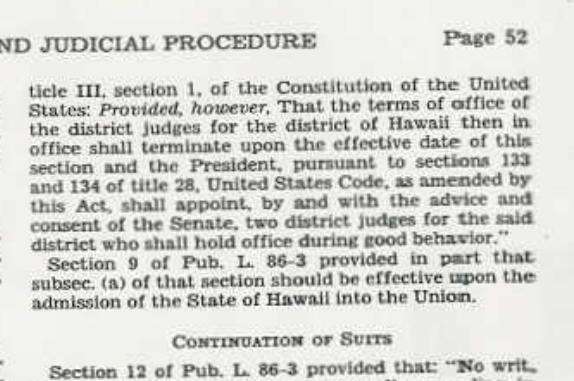I wanted to pass along the information that I received refunds in full from the US Treasury and the Treasurer of the State of XXXXXX.
A few points to note:
Each form was novated by striking "Under penalties of perjury" and "under penalty of perjury" within the Federal and State signature block, respectively
Occupation listed on the Federal form was "DEMANDER OF LAWFUL MONEY"
I truthfully provided 'Your Signature' with the one I use, or, True Name, not First M SURNAME
I have attached a copy of the refund and signature sections of each Form, along with the Federal Statement I used to provide an explanation in regard to the corresponding reductions throughout the Federal Forms. Also included is a copy of the checks I received. Several interesting details with the checks are how the US Treasury check is written "Pay to the order of" while the check from the Treasurer of the State of XXXXX is written "Pay," and the endorsement instructions/notices on the backside of each check.
With the prior experience I had,
through the person I use in capacity of CPA, working with the IRS and other State tax authorities, I understand that these refunds were most likely sent without a review of the actual tax return. The Tax Agencies operate behind, to say the least, and it could be several years before any type of review is completed, if ever. And if either agency decides, or automatically sends out any kind of notice related to these filings, I know that my faith and trust in God will show me the way to testify to them so they can see and understand what has taken place.
Finally, this information and attachment can be shared with the Brain Trust, if you wish,
but I do not want any part of the attachment to be posted, in any form, on the greater internet.
Thanks,
True Name




 Reply With Quote
Reply With Quote


